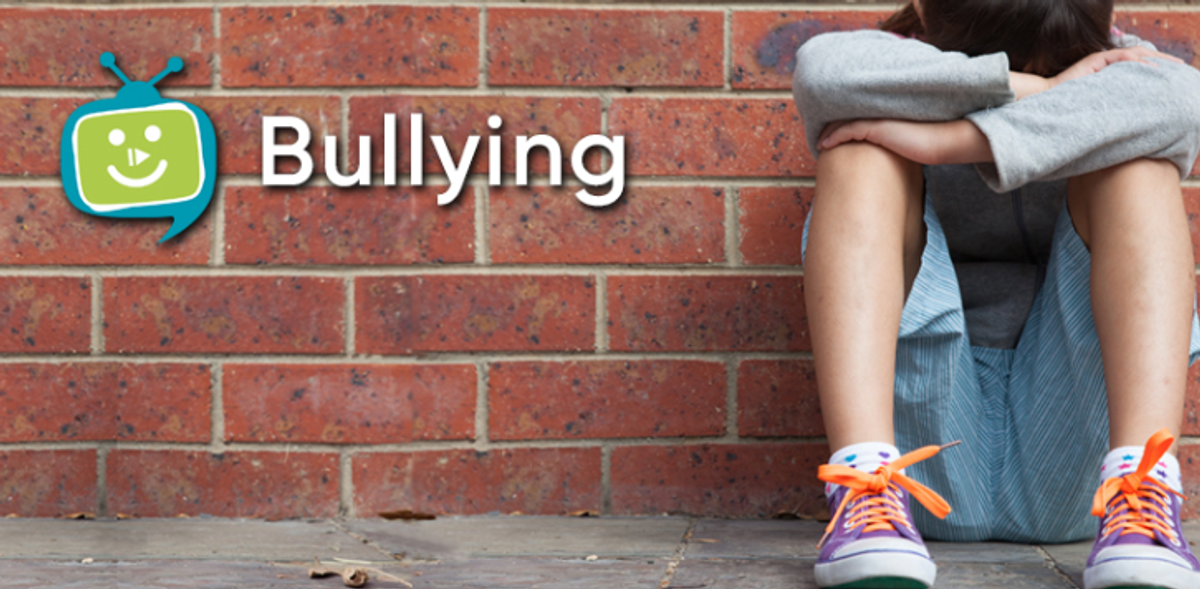Counsellor/Wellbeing

Bullying is an ongoing or repeated misuse of power in relationships, with the
intention to cause deliberate psychological harm. Bullying behaviours can be verbal,
physical or social. It can happen in person or online, via various digital platforms and
devices and it can be obvious or hidden. Bullying in any form or for any reason can
have immediate, medium and long-term effects on those involved, including
bystanders.
Despite the efforts made to reduce bullying behaviours, the research tells us that one
in four students still report being bullied every few weeks. However, not all negative
behaviour should be considered bullying. The key difference is that bullying does not
stop on its own. It’s important young people learn how to identify behaviours that are
rude, behaviours that are mean, and behaviours that are related to bullying.
Often the reasons for bullying can be complex. Some young people do it to get
approval from others, some do it to regain control, whilst others may do it because it
makes them feel safe. Supporting young people as they work through their emotions
will help them unpack the motivation and reason behind the behaviour.
In this edition of SchoolTV, caregivers can better understand why some young
people engage in bullying behaviours and what to do to support a child experiencing
it.
Here is the link to the Bullying edition of SchoolTV
With the advent of the internet, smart phones and tablets, there is now a whole new
digital dimension added to traditional schoolyard bullying. There was once a time
when bullying victims were given some respite outside of school hours, but sadly
these days, online bullying can occur 24/7. In today’s world, teaching your child
about online and cyber safety, is as important as learning to swim or cross the road!
Cyberbullying can be identified as being the repeated behaviour by an aggressor
with the intent to harm or embarrass. Technology enables these aggressors to share
information widely and quickly, making this form of bullying extremely dangerous and
harmful. However, the answer is not to shun the internet nor social media. Instead,
parents are encouraged to embrace it and instil a family internet policy to protect
their children without limiting the freedom to learn, explore and communicate online.
In this edition of SchoolTV, parents are provided with useful guidelines and advice on
how to minimise the risks. Children have the right to feel safe, regardless of whether
it is in the schoolyard or online.
Here is the link to the Cyberbullying edition of SchoolTV
https://mccww.catholic.schooltv.me/newsletter/cyber-bullying
We hope you take time to reflect on the information offered in both of these editions
of SchoolTV and we always welcome your feedback. If you have any concerns about
your child, please contact the Pastoral Leader, College Counsellor for further
information or seek medical or professional help.
Karen Surian
College/School Counsellor

